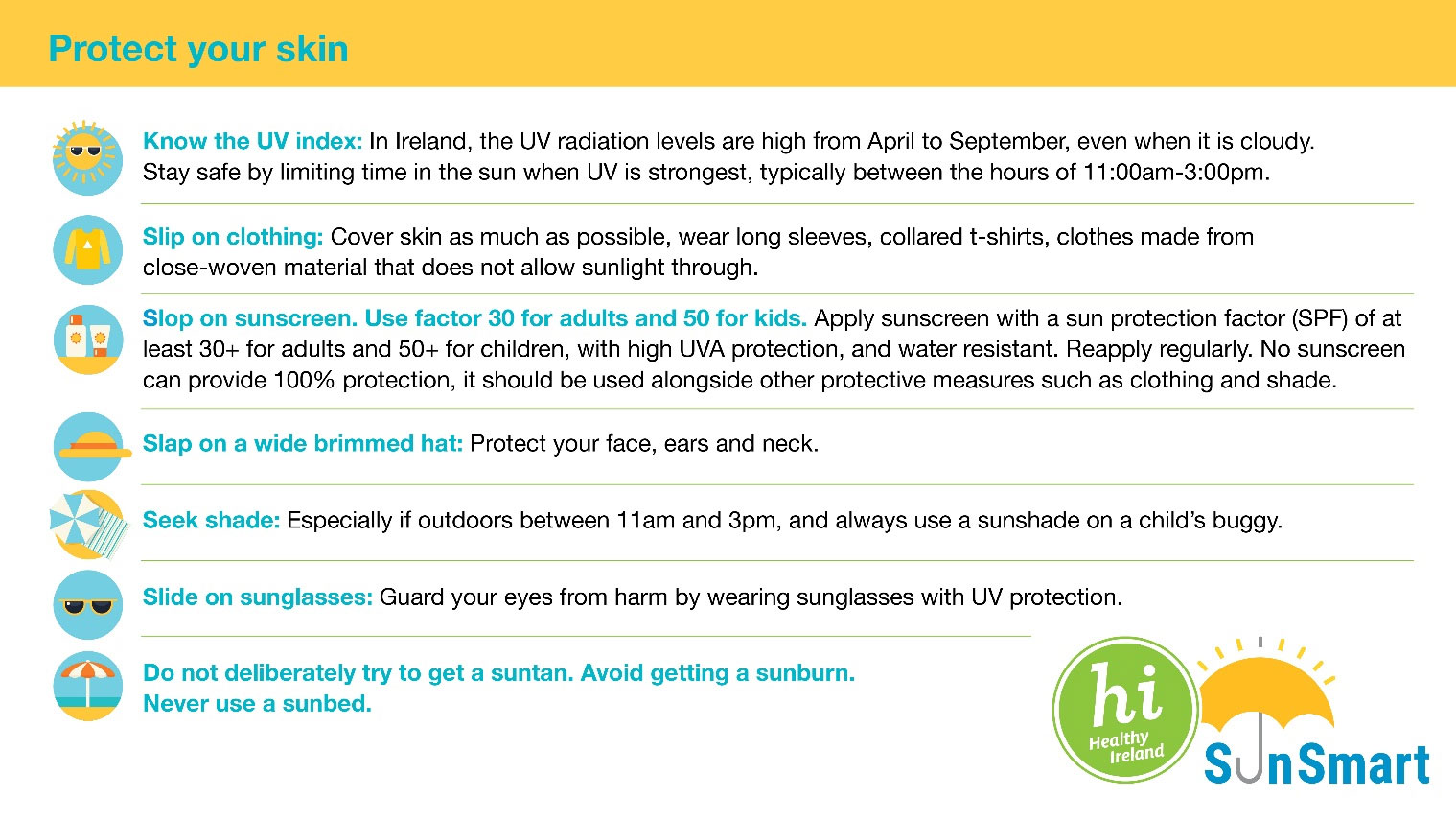
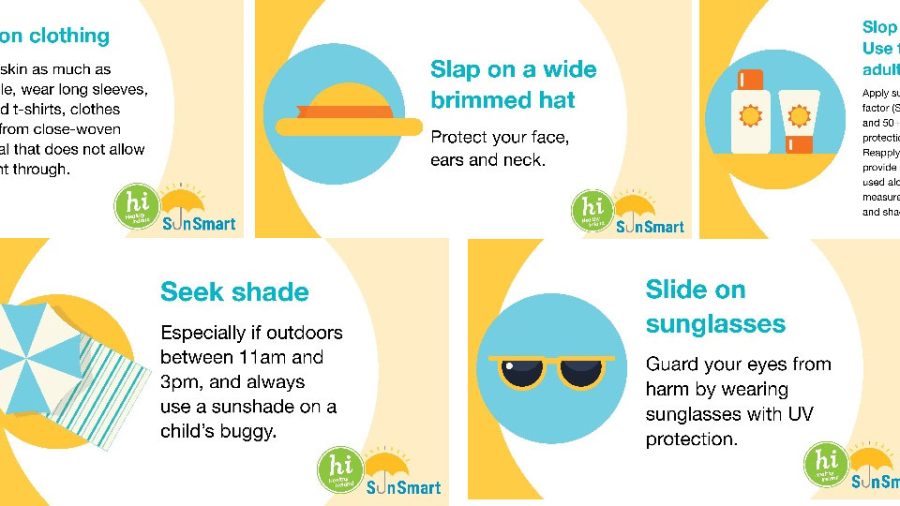


The HSE, National Cancer Control Programme, Healthy Ireland, and partners including Breakthrough are today launching a SunSmart campaign, supporting people in the simple ways in which they can enjoy the sun safely while protecting themselves and their family.
This June Bank Holiday weekend, with more people spending time outside within the 5km limit, whether in the garden, exercising locally, or enjoying a run around in the park with the children, it’s important to protect your and your children’s skin.
Minister for Health, Simon Harris, said today: “Getting through this time has been challenging for everybody and getting outside is one of the ways that we can look after our wellbeing. Luckily, we’re having lots of lovely sunshine to raise our spirits but it is also very important that we take the time to protect our skin.
“Skin cancer is the most common type of cancer in Ireland today, but most skin cancers can be prevented. This Healthy Ireland SunSmart campaign aims to get us into the habit of protecting our skin every day, whatever the weather. People often think it is a hot sun that causes skin cancer but in fact, it is the ultraviolet radiation (or UV) from the sun that is responsible for skin cancers. At this time of the year, the UV radiation levels are high and can damage your skin even on a cooler day so we need to get into the habit of protecting our skin even when it’s cloudy.”
The SunSmart campaign, an action in the National Skin Cancer Prevention Plan*, is supporting people to build skin cancer awareness into their everyday wellbeing routine.
The simple SunSmart code messages are the 5’s:

With over 11,000 cases each year, skin cancer is the most common and fastest-growing cancer in Ireland, yet most skin cancer can be prevented by being SunSmart and following the 5 S’s.
Professor Anne-Marie Tobin, Consultant Dermatologist at Tallaght University Hospital says, “Exposure causing sunburn is the most damaging to the skin, but frequent non-burning exposures also significantly increase the risk of skin cancer. By adopting the SunSmart 5’s the majority of skin cancers caused by UV sun exposure could be prevented.
“Children and young people are particularly vulnerable. UV exposure during the first 10–15 years of life makes a disproportionately large contribution to the lifetime risk of skin cancer. Children have lower concentrations of the protective skin pigment melanin and thinner skin, therefore are more susceptible to the dangers of UV. Greater than three instances of severe sunburn during childhood over doubles the risk of developing melanoma in later life. Protect yourself and your children today and your skin will thank you for the rest of your life.”
With children now having more time than ever to spend outside, it is important to protect their skin while enjoying being active. If your baby is under 6 months old, you should keep them in the shade. Older children should also be in the shade if possible, but especially between 11 am and 3 pm. This is when UV rays are at their strongest.
The SunSmart code 5’s should be followed from April to September when the UV index is high, especially between the hours of 11 am – 3 pm, even when it is cloudy.
As well as the 5S’s it is important to remember
- In Ireland, the UV radiation levels are high from April to September, even when it is cloudy. Stay safe by limiting time in the sun when UV is strongest, typically between the hours of 11am – 3pm
- Do not deliberately try to get a suntan. Remember tanned skin is damaged skin.
- Avoid getting a sunburn.
- Never use a sunbed
Interview opportunities:
Please contact the HSE National Press Office to arrange an interview with one of our spokespeople via [email protected], tel: 01 921 3912. Out Of Hours: 087 352 1102
Notes to Editors:
*The National Skin Cancer Prevention Plan was developed by the Department of Health in conjunction with the National Cancer Control Programme (NCCP) and key stakeholders including other Government Departments and national organisations representing priority groups, including the Irish Cancer Society, Marie Keating Foundation, the Irish Skin Foundation and Breakthrough Cancer Research.
Additional resources are available at:
- https://www.gov.ie/en/publication/5a4293-staying-active-during-covid-19/
- https://www.gov.ie/en/publication/06de8b-be-well/#protect-your-skin
Donate Now







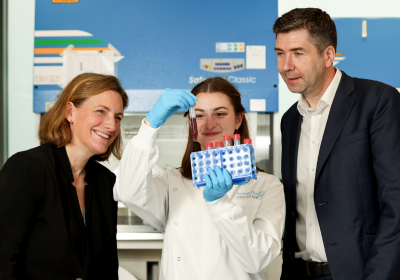
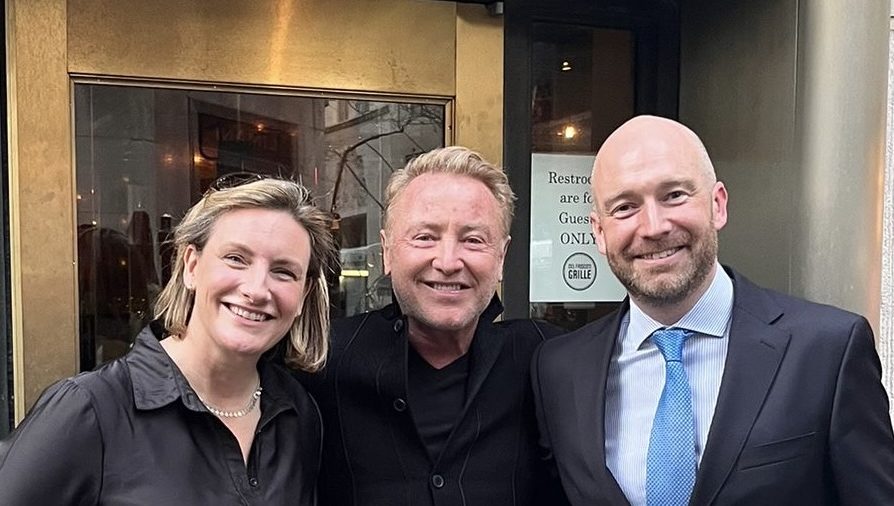
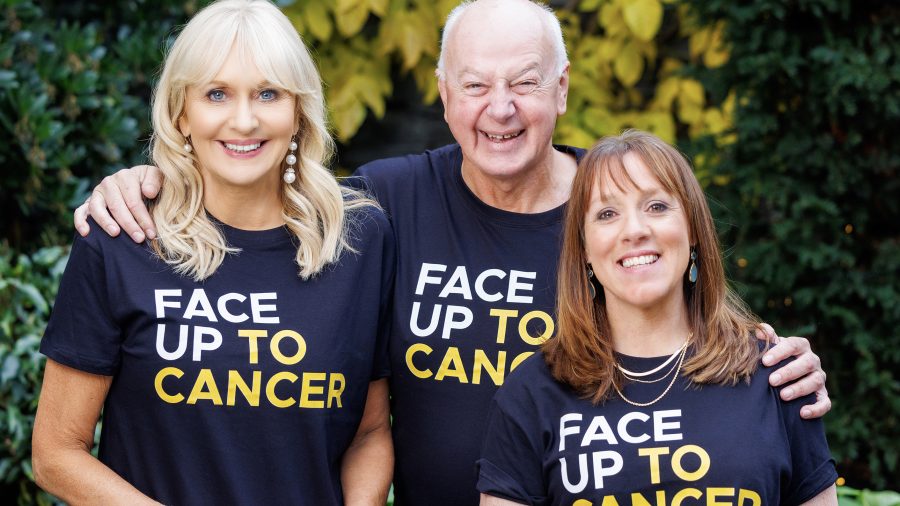


 Contact
Contact